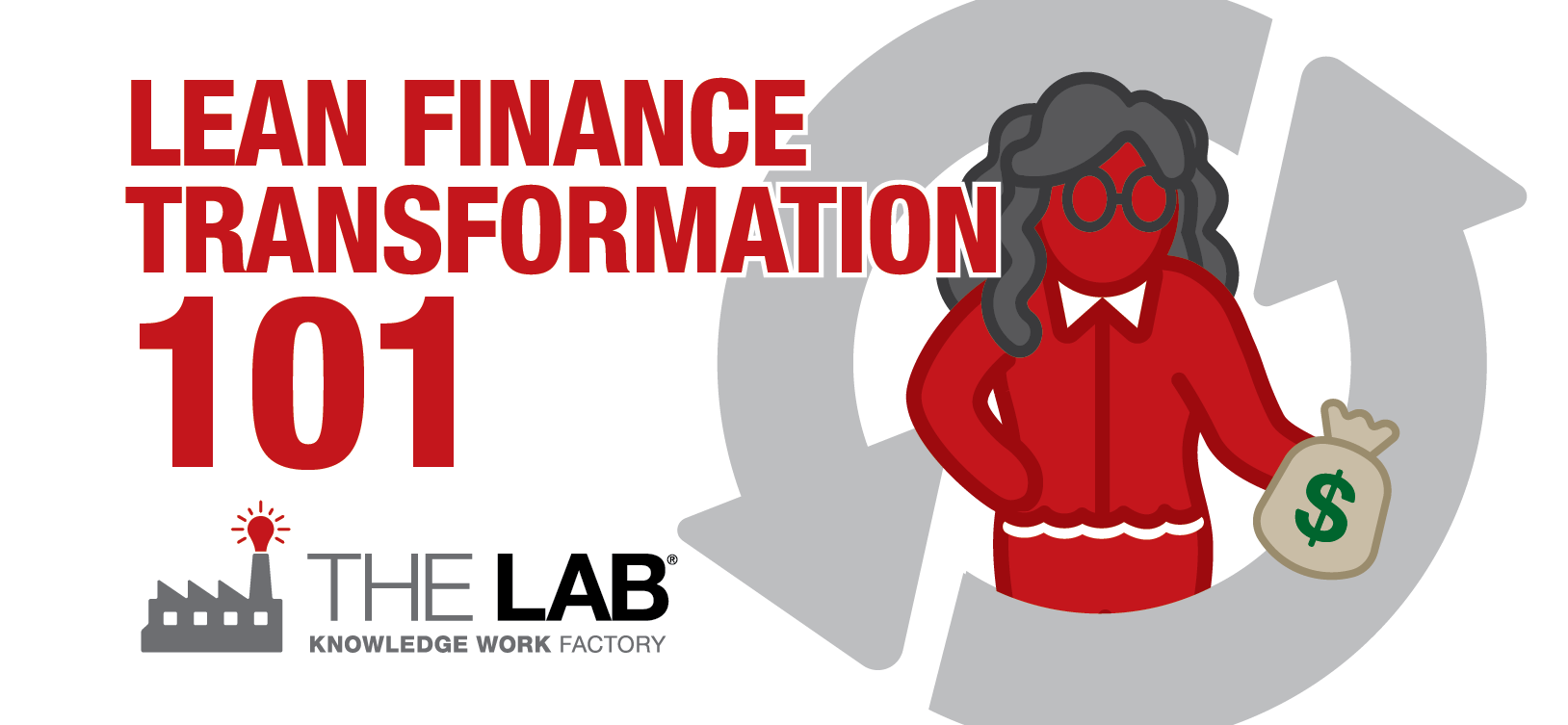Ever watch a copy machine go berserk and start spewing paper out all over the floor? Would you consider this a model for running your finance department?
Well, the finance department of one Fortune 100 company generates more than 10,000 internal, regularly scheduled management reports. Ostensibly, these are used to decide how to optimize revenue, margins and, ultimately, market value.
In practice, nothing could be further from the truth. For example, significantly less than 10% of these finance operations reports even address margin or profitability. At the same time, over 10% of the company’s products and producers are losing money. In other words, these products and salespeople cost more than they earn, but this fact does not appear in any of the 10,000 finance management reports.
There are no standards for report content, format, or even report names. No person or system in the finance department keeps track of how many reports are produced and how, or even if, these are used. Many are not used at all. None standardized, ad hoc reports are the first thing CFOs should focus on to reduce finance operations cost with lean principles.
Extensive overlap and contradiction exist across many reports, creating an internal cottage industry of re-workers who reconcile and reprocess these costly data. Eighty percent of the finance operations reports cost an average of $5,000–$80,000 each year. This is not a lean finance department.
Finally, the relentless growth in demand for more reports is out of control and needs transformation. The CFO routinely receives requests for additional staff to meet business unit demands for even more reports. One finance executive estimated that her group needed to expand by roughly 40% in the coming year to meet the demands of the business line executives. Consolidating and reducing reporting is the biggest lean finance transformation opportunity of our time.
Finance Process Improvement with Operations Reporting Standardization and the Lean Finance Transformation Opportunity
What is going on here? At most companies, the office furniture is managed more rigorously and insightfully than the finance department’s operations. And nobody in finance seems to give it a second thought. This is particularly unfortunate for shareholders, because the finance department is supposed to produce and manage value, shareholder value – arguably any business’ first priority.
The management reports at this (all too typical) company can easily be as rigorously designed and documented as the company’s bills of material for the scientifically complex, highly regulated products that it routinely produces and distributes globally. Why hasn’t it happened? Did the finance department get a waiver from the Industrial Revolution? These non-standardized reports and processes are prime candidates for lean finance transformation by The Lab.
Why are the mundane, repetitive, low value work activities of the finance operations staff exempted from the same scrutiny and rules that apply to almost every aspect of modern business? How does the 30–40% rate of avoidable rework within the finance department pass undetected and unquestioned?
Finance operations staffers would say that they are simply responding to requests from their business line ‘customers’. They would say that this is their job. The runaway copy machine could rightfully say the same.
Every cent invested on a production line is scrutinized mercilessly in terms of cost for value and process improvement—often by the finance staff—and there are no A’s for effort. But waste in the ‘knowledge worker’ world is often tolerated just as long as the underlying intention is good. This tolerant mind set enables a sort of ‘virtuous waste’ to thrive and grow because it hides in plain sight.
However, flip the subtly nuanced switch of perception and a staggering world of untapped opportunity unfolds. In finance, thousands of reports can be eliminated with a lean finance transformation project from The Lab. The remainder can be refocused on those unproductive products and producers for process improvement. Up to half of the ad hoc requests pouring into the group, which consume around 40% of the organization’s capacity can be eliminated with finance transformation. Viewed in this manner, the Finance Factory can be ‘Leaned Out’ with lean transformation just like the production line. And everyone, including shareholders, will be better off.
The Lean Finance Factory – and other Lean Transformation Opportunities
This opportunity is by no means limited to finance operations transformation. Similar lean transformation situations exist in marketing, human resources, information technology, and anywhere the knowledge worker roams. These surreally obvious inefficiencies, extinct for generations on production lines and in distribution networks, continue to breed and multiply in plain sight, the equivalent of dodo birds wandering the sanctuaries of “knowledge work.”
Rest assured, it will not last much longer. The competitive pressure is inexorable. Knowledge work, resting comfortably in finance departments, is the next great frontier of untapped process improvement and increased business value.
Simply call (201) 526-1200 or email info@thelabconsulting.com to get started on a lean finance transformation for your business.

















